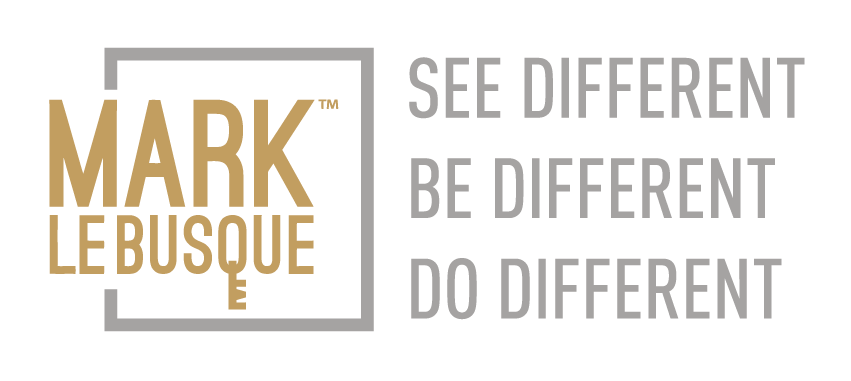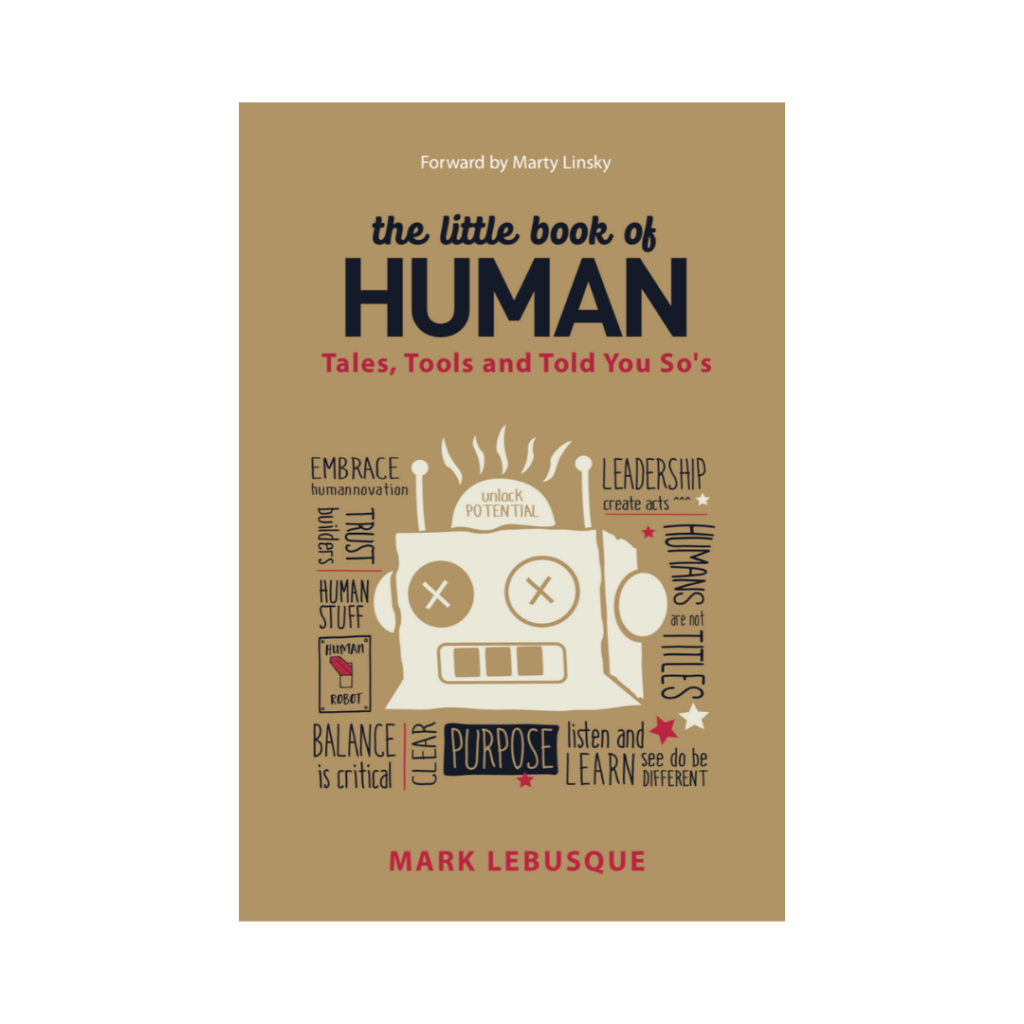The world of work seems to be spinning out of control right now. The usual way managers deal with this is to jump straight in, think short term and react, rather than sitting, reflecting, planning and then implementing.
COVID-19 has just dialled up more revolutions into the spin of this craziness. Across the globe, managers and workplaces are seeing 10x the amount of busyness, short-termism and reactionary behaviour.
One by product of the spin is to make short-term financial decisions that will impact humans well after we return to “business unusual”. There are ways to add a human element to these that will not only protect your bottom line now, but also position you to grow it on the other side.
In times like these managers can fall into the trap of the robotic and transactional behaviours that have given us a sense of being in control such as:
- Playing the “busy fool” or what I call just being busy being busy – activity = productivity
- Jump quickly at the “low hanging fruit” as a short-term fix
- React in a “moment of madness” rather than get above the noise and reflect.
So, you say, it’s a crisis and in a crisis our instinct as a human being is to go into survival mode. Transact and show robotic tendencies towards the very humans who are looking to survive as well.
Perhaps there’s a better way to be right now? What if as managers we embraced our human side a little more and substituted busy with productive, short termism with the longer game of ‘being human’ and react with reflect?
Here are the five most common questions I get asked when managers attend my two-Day Human Managers Experience. I encourage you to spend this time to reflect on my responses and assess how you can be more human in a time when it is vital to maintain strong connections.
1. Why don’t managers all do this human stuff – isn’t it just simple common sense behaviour?
As managers, we are hardwired to survive, compete and get ahead in the world.
You know doing more with less, right-sizing our teams, working crazy hours is seen to be productive. We have latched onto busyness like it’s a badge of honour.
When we enter this mode, common sense isn’t that common. The lizard brain takes control and we forget to do the simple things like check in with our team members to see how they are feeling, take the time at the start of a meeting to strike up a conversation about what we’ve all enjoyed at work or achieved outside of work. We lose that commonality we have as humans to strive for deeper Human to Human connection and a strong sense of belonging as a team.
2. How can I get others (work colleagues, friends or family) to be more human as well?
It’s Simple. You can’t get anyone to do what you are not prepared to do yourself.
Go first and role model what you would like to see in others.
Don’t wait or ask for permission to be a human manager, friend, partner or parent. Just get out there and start doing it. You are human right?
Once you start to display a different approach and break the mould then others will follow. Truly human leadership requires you to take a couple of deep breaths and step into a level of discomfort in order to serve others.
Vulnerability, empathy, compassion, firmness, open to others perspectives and deep listening would be some really valuable ways to start the ball rolling here.
3. How do I deal with an issue where someone has broken my trust?
My advice is to change your story.
There would certainly be a story here that you hang on tightly to that has resulted in a situation of trust deficit and as the manager it is your responsibility to get above the noise and ask yourself this question:
What’s my part in the mess?
Until you are prepared to do that then you will be just like the out of control spinning ball mentioned earlier in the article and it will negatively impact your effectiveness as a manager.
Once you’ve reflected and established your part in the mess then it’s time to demonstrate some vulnerability and talk it over with your colleague.
4. What’s taking me so long to make a change to be more human?
Short-termism is the culprit here.
The game of human is a long game. It takes time to change your course, build relationships, accept that at times you will fail in order to get better and use the power of stopping and reflecting on a daily basis.
We crave short-term wins and live looking backwards at last week’s result. This is why it takes so long. Give up short-termism and quick wins and embrace the long game and you will get their sooner than you thought possible.
5. How do I continue being human at work when others are not in the same space?
Three simple and powerful words – Hold Your Nerve.
Stop trying to fit in and embrace what it is to be human. Are you doing what’s right or what’s popular?
This is all about controlling the controllables – it’s how you choose to be at any moment of the day. Walking into that next meeting, delivering that presentation, conducting a performance review or when you walk into the foyer in the morning.
You can’t choose how others will be but you can choose how you will be.
I call it Humannovation. Just add more human and watch the spinning ball slow down. It’s the human way to be.
Image by Gerd Altmann from Pixabay





